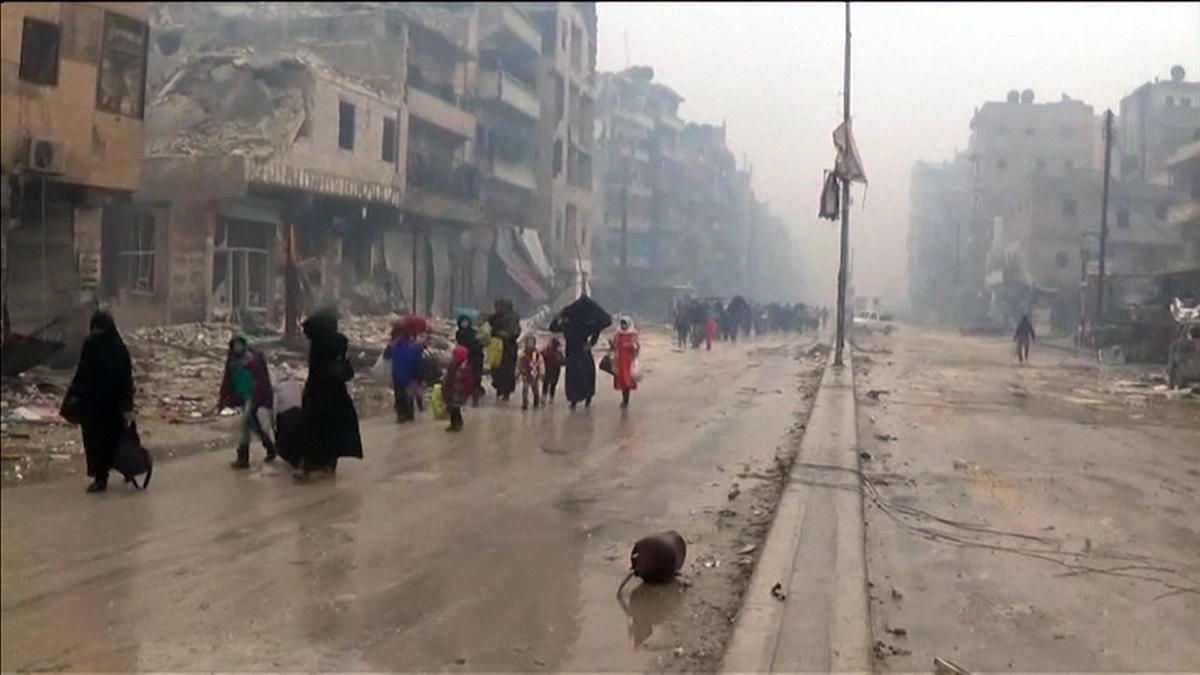Aleppo falls. What’s next?
Photo:AFP
Article has been prepared by hromadskoes tv. Ukraine.
Aleppo used to be Syria’s largest city, its main industrial and financial center. However, with the beginning of the civil war in Syria, it turned into a scene of the fierce battles. The city residents mostly supported the ‘moderate rebels’, but there were also the ISIS militants and their supporters, actively fighting in Aleppo province.
The battle for Aleppo quickly moved onto the stage of attrition battles: the opposition failed to get hold of the weapons that would have helped it to finally oust Assad’s troops, whereas the latter had to concentrate on the defense of the capital city, Damascus.
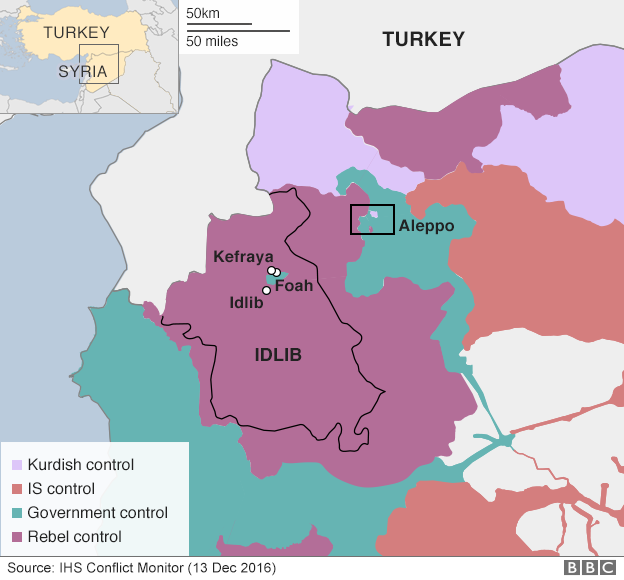
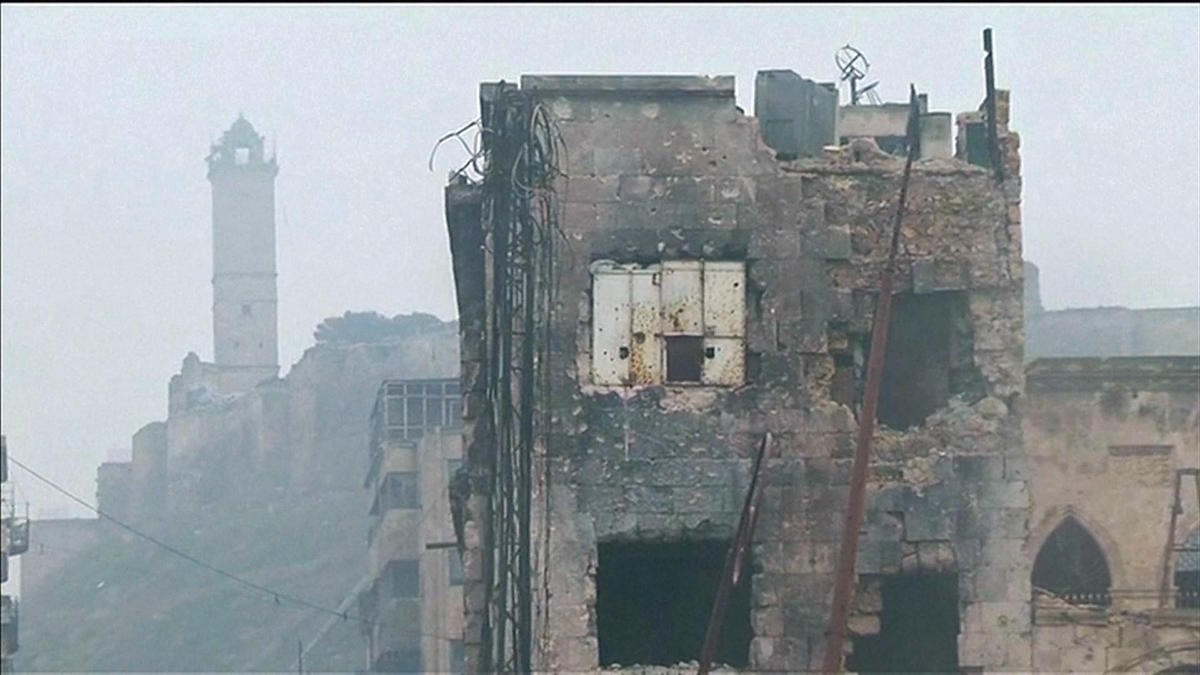
photo Reuters
Aleppo was under siege since autumn 2016. 250,000 people were left without food, water and medicine, the city was on the verge of a humanitarian catastrophe. The rebels eventually failed to break the blockade. Having been cut off food supplies and weapons, under the Russian air strikes, they surrendered one block after another.
What was the reason that the rebel lost control over the major city of revolution and what awaits Aleppo?
Michael Weiss, a Senior Editor at the Daily Beast and co-author of the bestseller “ISIS: Inside the Army of Terror’, and Julian Röpcke, a political columnist at the German ‘Bild’ weekly, in interview to Hromadske TV.
A destroyed symbol of revolution
The fall of Aleppo can undoubtedly be termed as the greatest victory of Assad’s forces in this conflict. As Julian Röpcke, The Bild weekly political columnist told Hromadske.UA, starting form 2011, Aleppo was a symbol of resistance to Assad’s dictatorship for rebels:
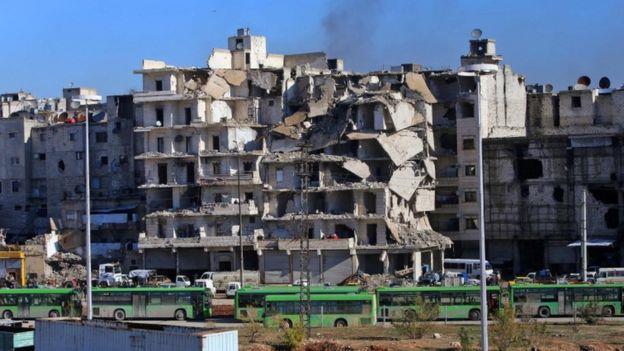
photo AFP
This city has always been a kind of citadel. Therefore, regaining control of Aleppo will be a moral incentive for the regime forces, for Hezbollah, for the Islamic Revolutionary Guard Corps, for Putin, i.e. for the forces that fought for Assad, said Michael Weiss, a Senior Editor at The Daily Beast. “Russia, which has been continuously bombing Aleppo since 2015, has certainly played a decisive role in the fall of the city.
Julian Röpcke added:
“In order to overthrow the opposition’s outpost in Syria, Moscow also resorted to diplomatic efforts. By signing an agreement with Turkey and depriving the opposition in Aleppo of Ankara’s support, Russia thus cut off the allies from the rebels. And also, Russia blocked UN’s attempts to interfere and made it clear to Europe that if tried to get involved in the conflict, it would have to deal not only with Assad, but also with Moscow.
After 5 years of war, Assad was losing on all fronts, but six years later, his positions in this war have considerably improved.
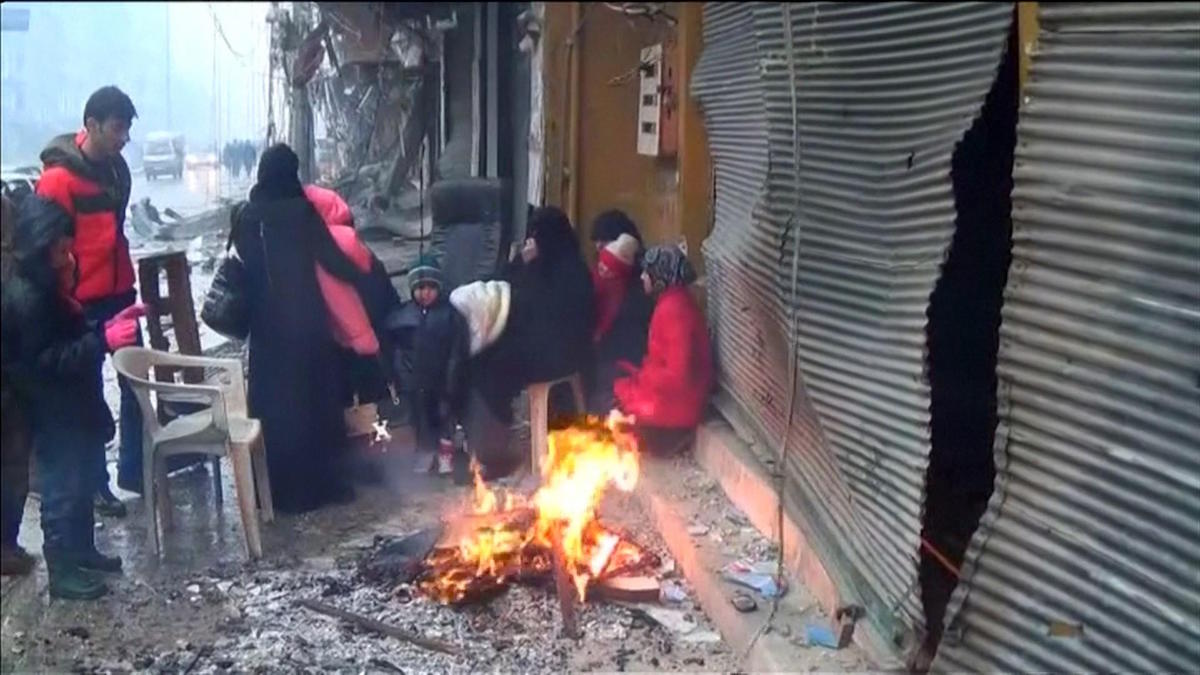
photo Reuters
He who hesitates is lost
Both, Russia vigorous actions and the West’s absolute inactiveness, played no less important role in the fall of Aleppo – Julian Röpke, The Bild columnist, is convinced of it:
“The West supported the so-called ceasefire, proposed by the Russian side jointly with Assad. Meanwhile, the Russian air forces and the government troops just used this time to rally their strength. So, they very soon broke the truce, having bombed a humanitarian convoy.Therefore, the West played a major role in the rebels’ defeat in Aleppo, and I think that the West is now interested in a calm and settled situation, which it expects after regaining control over the territories by the Russian and Syrian governmental troops”.
Michael Weiss believes that:
“The USA’s inactivity in Syria actually caused a wide-scale tragedy. The White House was offering false hopes that it would come and save those people, but now those people are a destroyed generation. Children will be born in Syria, who will hate the USA because it had allegedly left this battlefield’.
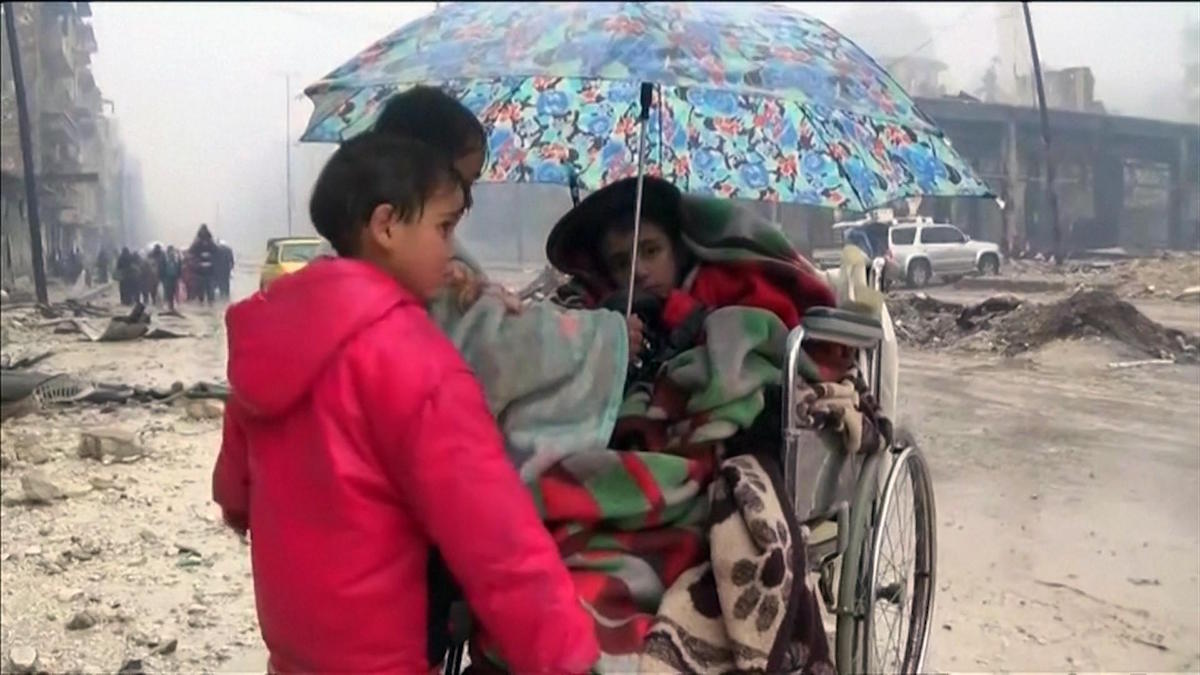
photo Reuters
Not a resounding victory
The fall of the rebel outpost raises a question: Does conquest of Aleppo imply that Assad is winning the war in Syria? Michael Weiss argues that there are obstacles to it:
“This conflict has been dragging on for over 5 years. Assad’s army was retaking territories and then losing them. And don’t forget about Turkey’s involvement, that has been supporting certain groups, opposed to Assad’s regime.
The territories in the eastern part of Syria are controlled by Kurds, who are supported by the USA. In the south of Syria there are military facilities seized from Assad, where the British and American special forces are training anti-governmental unit.
Therefore, in different parts of the country the situation is developing in a different way. Although Assad dreams of retaking the whole territory of Syria, I believe that this is unlikely to happen, especially now, when 2 NATO states, USA and Turkey, are actively involved in conflict. Russia and Iran are not so foolish as to get engaged in a full-scale war with such states.’
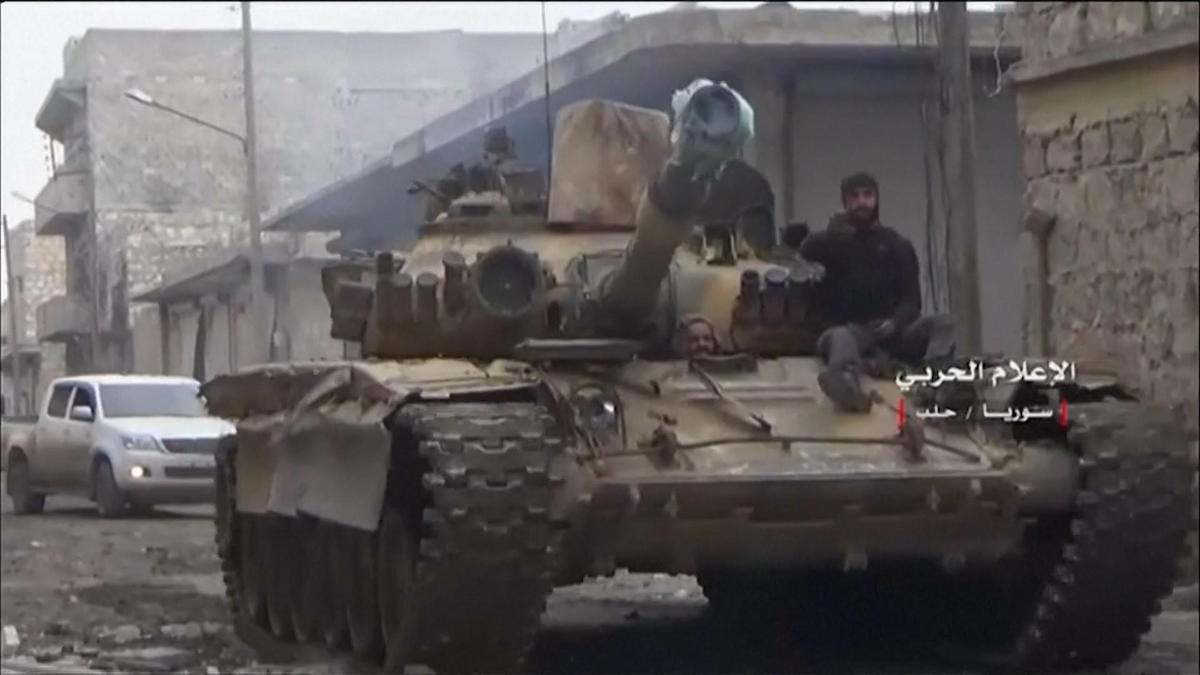
photo Reuters
Terrorism triggers
Will the fall of Aleppo boost terrorism threat?
“This will radicalize the local population and the opposition, which is beneficial for Jabhat al-Nusra and the ISIS, who can recruit those people,” – said Michael Weiss.
“The coalition’s goal is to oust the Islamic State form their capital, Raqqa. But the ISIS also has its plan for this scenario, they are very flexible. Long before they established their own caliphate, they had been waiting for a kind of dooms day. If they lose the territory, they will move rearward, into the desert. Their ability to think strategically shouldn’t be underestimated. We know that they have a lot of mercenaries in Europe and, in addition, they still control most of Mosul and Raqqa, a large number of ISIS militants are deployed in Deir ez-zor. They are gradually withdrawing, but they haven’t surrendered’.
Julian Röpcke, a political columnist at the Bild weekly, also shares the opinion that the fall of Aleppo may provoke new terrorist attacks:
“The Russian president was saying, a battle for Aleppo was carried out to ensure that jihadists couldn’t return to their home countries, which is an absolute nonsense. According to the UN, there are at best 900 militants of al-Qaeda and al-Nusra in Aleppo, and very few of them aren’t Syrians. Thus, Russia isn’t killing the foreign mercenaries and terrorists, but rather the local insurgents.
I think everything will be vice versa – the world, especially the Muslim one, now understands that there is no framework for the war crimes, there is no response from the West, so they become very angry with the Western countries, with Europe. Therefore, they may try to avenge the death of their people, they may try to carry out new attacks in Europe and Russia, just to seek revenge for Aleppo.
After the entry of Assad’s troops, the fate of civilians still remains in question. The UN said earlier, there were still up to 275, 000 people in the besieged city. About 70,000 people managed to flee from the city, which means that there still could be up to 200,000 people.
As The Daily Beast reported with reference to the Syrian opposition media, mass execution of civilians by the Syrian army had begun.
The White Helmets, a volunteer rescue group, described Aleppo as being ‘like hell’. The streets and destroyed buildings in the east of Aleppo are full of dead bodies,’ reads a tweet by one of the volunteers.
According to them, the precise number of those killed in besieged Aleppo is still unknown. Meanwhile, Russian media reported on celebrations in the city streets. “The news about liberation of the city has caused the national exaltation. Residents are going out into the streets, hugging and congratulating each other, greeting the military and even lighting fireworks, reads the website of the Russian NTV channel.
Not everyone agrees
Meanwhile, the Caucasian Knot media outlet reported that 12 servicemen of the Defense Ministry sub-unit, stationed at the military base of Khankala, near Grozny, were dismissed from service for refusal to go to Syria.
A non-professional video record, released on the Internet on December 6, proves that military police officers from Grozny suburbs were dispatched to Syria. A composite detachment of the servicemen stationed in Chechnya will serve as the military police in Syria and will defend the Russian military base in Hmeymim. 500 servicemen of the police composite detachment were dispatched from Chechnya to Syria- a source in the republican defence agency told the Caucasian Knot on December 9.
There were only 12 persons who refused and all of them were dismissed from military service. Their contracts were terminated ahead of term – the source told the Caucasian Knot.
At the same time, as he pointed out, there are more of those, willing to be sent on a mission to Syria, than those, who don’t want to go.
‘There are many volunteers. This is, first of all, conditioned by the promised high military pays and various allowances,’ the source reported.
